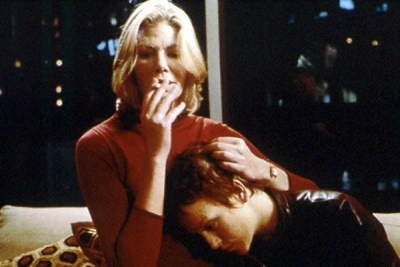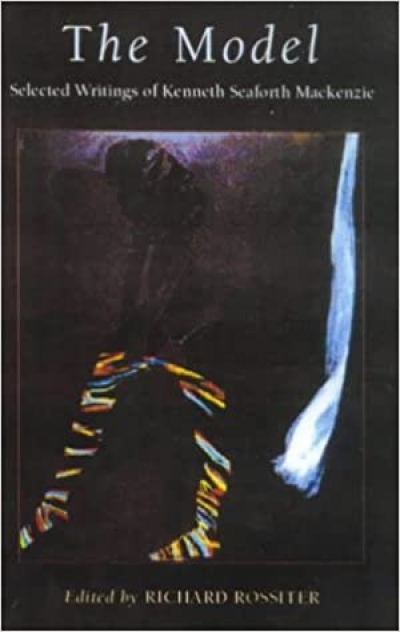Accessibility Tools
- Content scaling 100%
- Font size 100%
- Line height 100%
- Letter spacing 100%
Australian Poetry
The ABR Podcast
Released every Thursday, the ABR podcast features our finest reviews, poetry, fiction, interviews, and commentary.
Subscribe via iTunes, Stitcher, Google, or Spotify, or search for ‘The ABR Podcast’ on your favourite podcast app.
‘Where is Nancy?’ Paradoxes in the pursuit of freedom
by Marilyn Lake
This week on The ABR Podcast, Marilyn Lake reviews The Art of Power: My story as America’s first woman Speaker of the House by Nancy Pelosi. The Art of Power, explains Lake, tells how Pelosi, ‘a mother of five and a housewife from California’, became the first woman Speaker of the United States House of Representatives. Marilyn Lake is a Professorial Fellow at the University of Melbourne. Listen to Marilyn Lake’s ‘Where is Nancy?’ Paradoxes in the pursuit of freedom’, published in the November issue of ABR.
Recent episodes:
In living there is always
the terror
of being stung
It may seem somewhat odd that I, a racketeer and gangster, was suspected of making Cuba a safe place for the National Bank. But having made such an impression with my reports, prophecies and ancillary publications that the Federal Government, aided by a sycophantic mass, had declared me likely to generate flippers, I can see why I might have been a plausible suspect – the crime, after all, was committed by sea.
... (read more)Rhetoric has a bad name. And for good reason. Not only does it suggest insincerity and verbal manipulation, it also has a strong odour of scholasticism about it. It is with some trepidation, therefore, that I turn to ancient rhetoric to urge upon you two terms I find useful in thinking about contemporary Australian poetry. I will make it as palatable as I can and hope it doesn’t choke going down. Whether it is nourishing or not, I leave you to decide.
... (read more)La Trobe University Essay | 'Infidelity: "The Monkey’s Mask" in Poetry and Film' by David McCooey
Movies are often criticised for their lack of fidelity, for not keeping faith with their sources, especially novels, their audience, or their glorious antecedents. Infidelity is also a key plot device, especially of genre films: melodrama, comedy, crime, even the western. We keep going back to the movies partly because they don’t give us what we want. The New York poet Frank O’Hara suggests this in ‘An Image of Leda’, his breathless adaptation of the myth of Leda and the Swan as an allegory for watching films:
... (read more)




